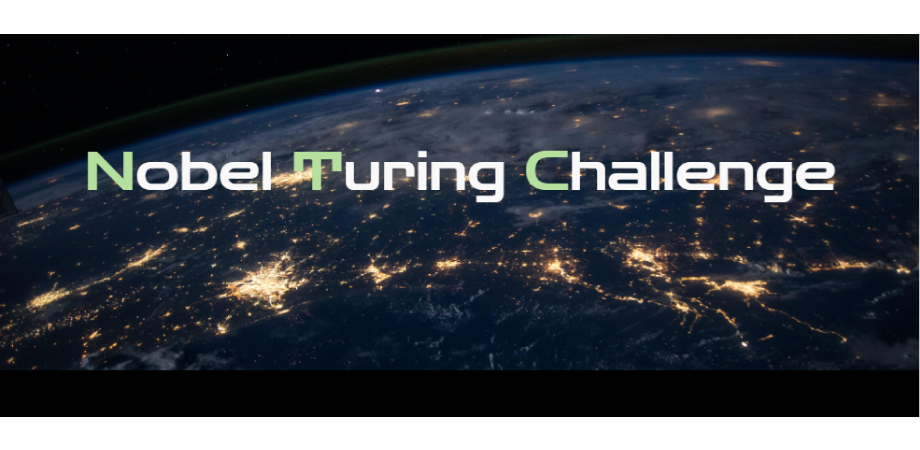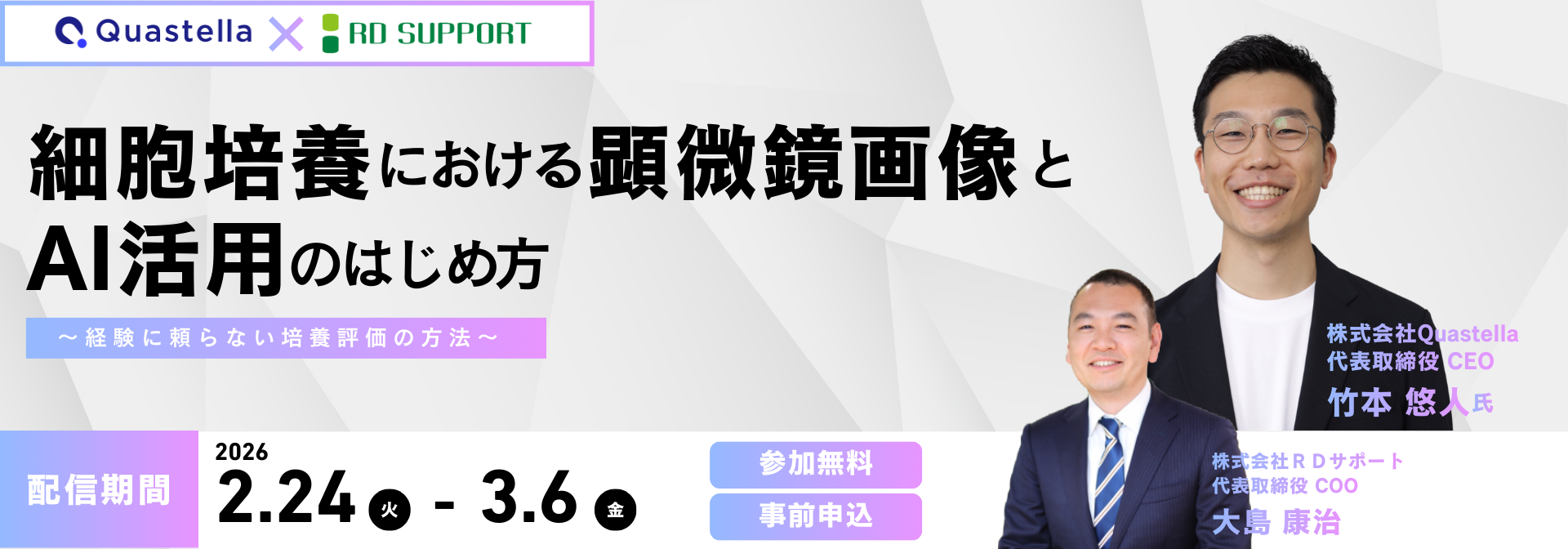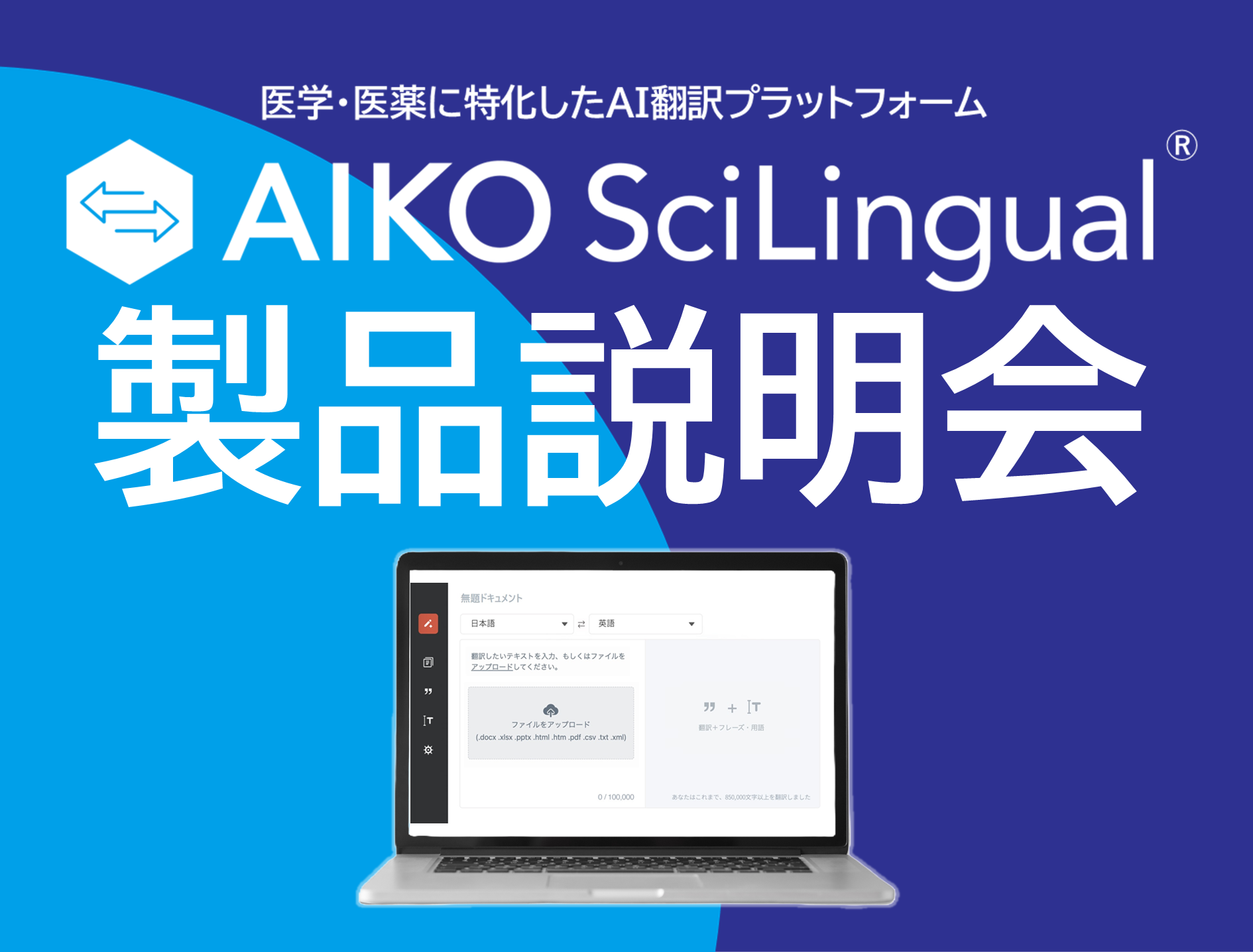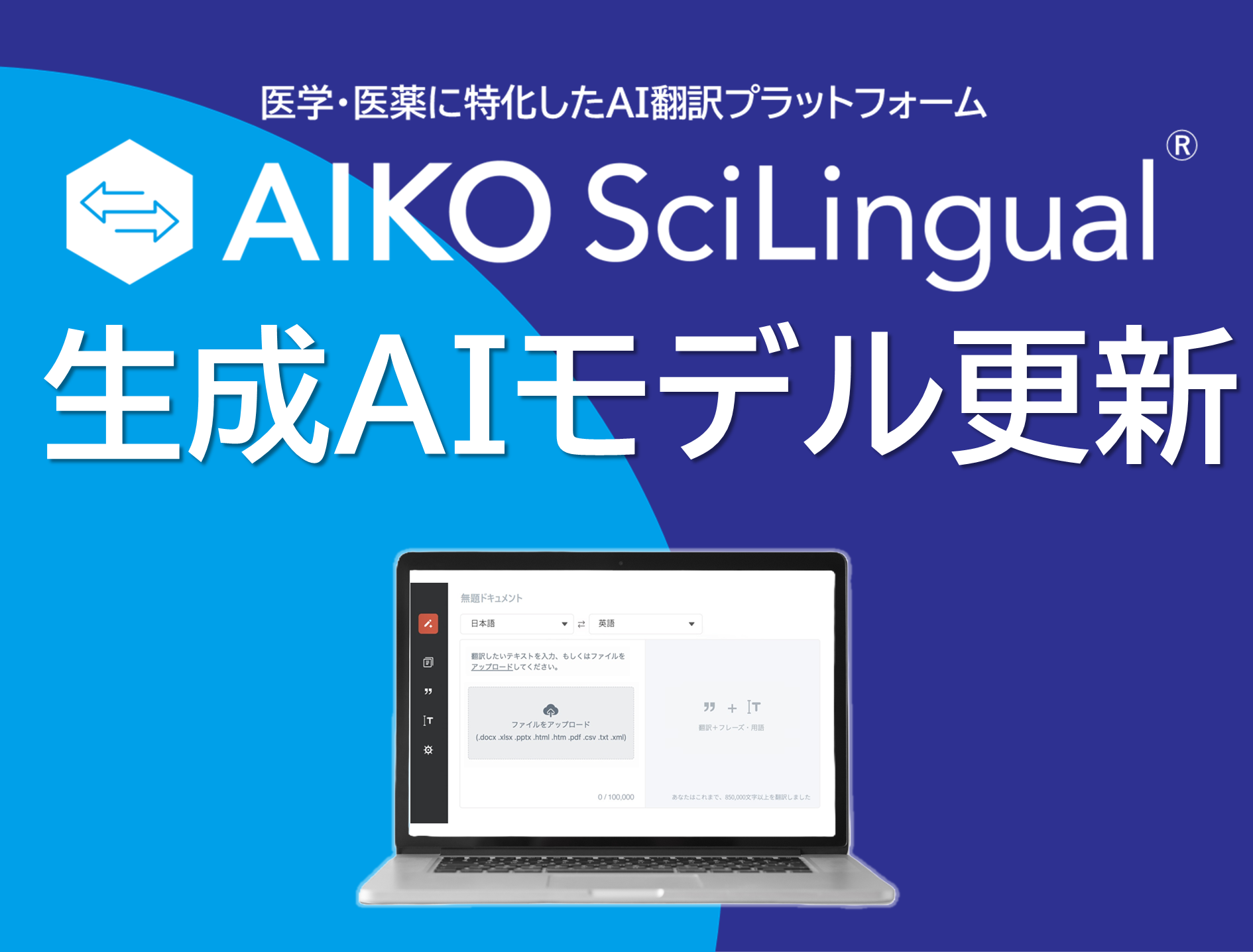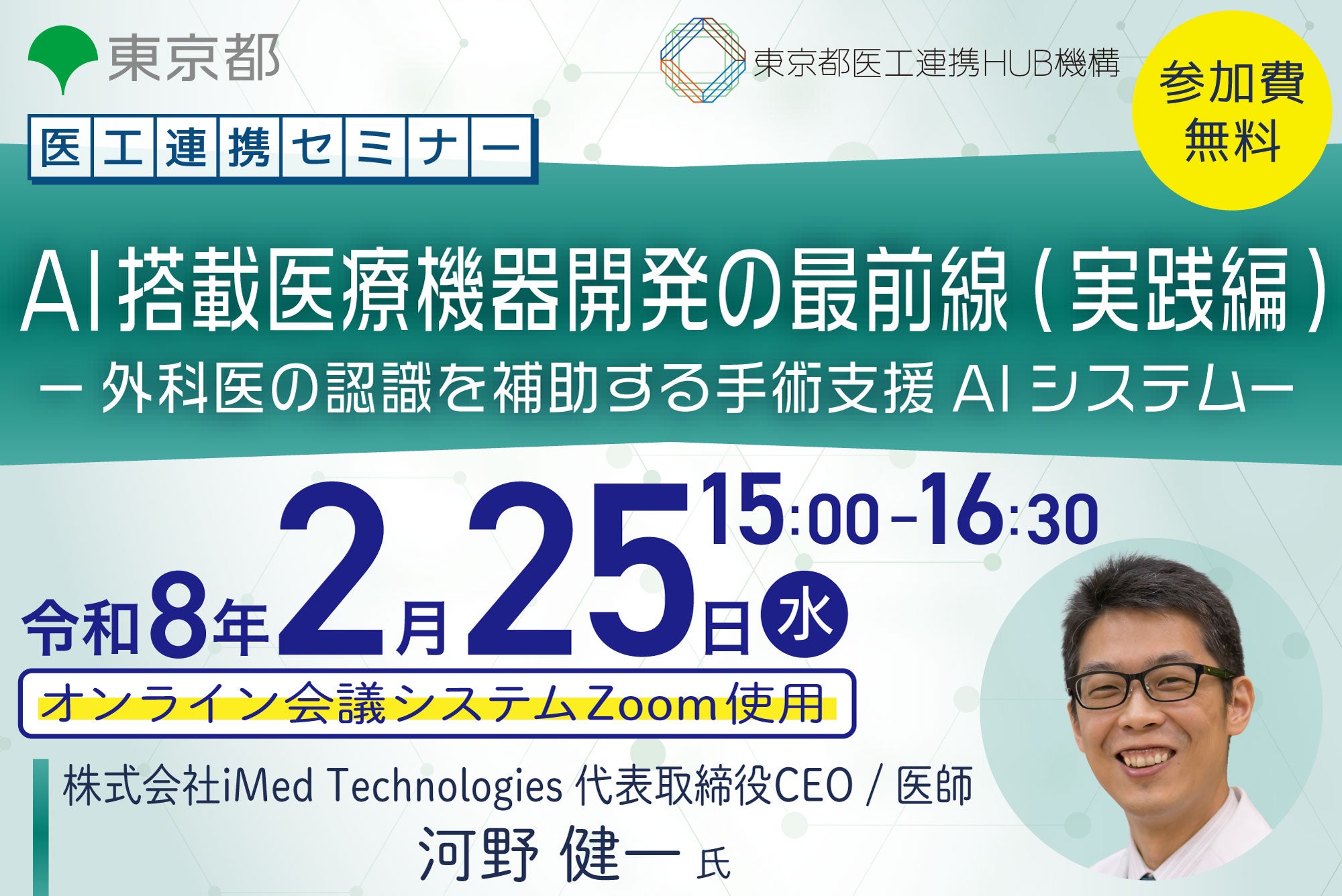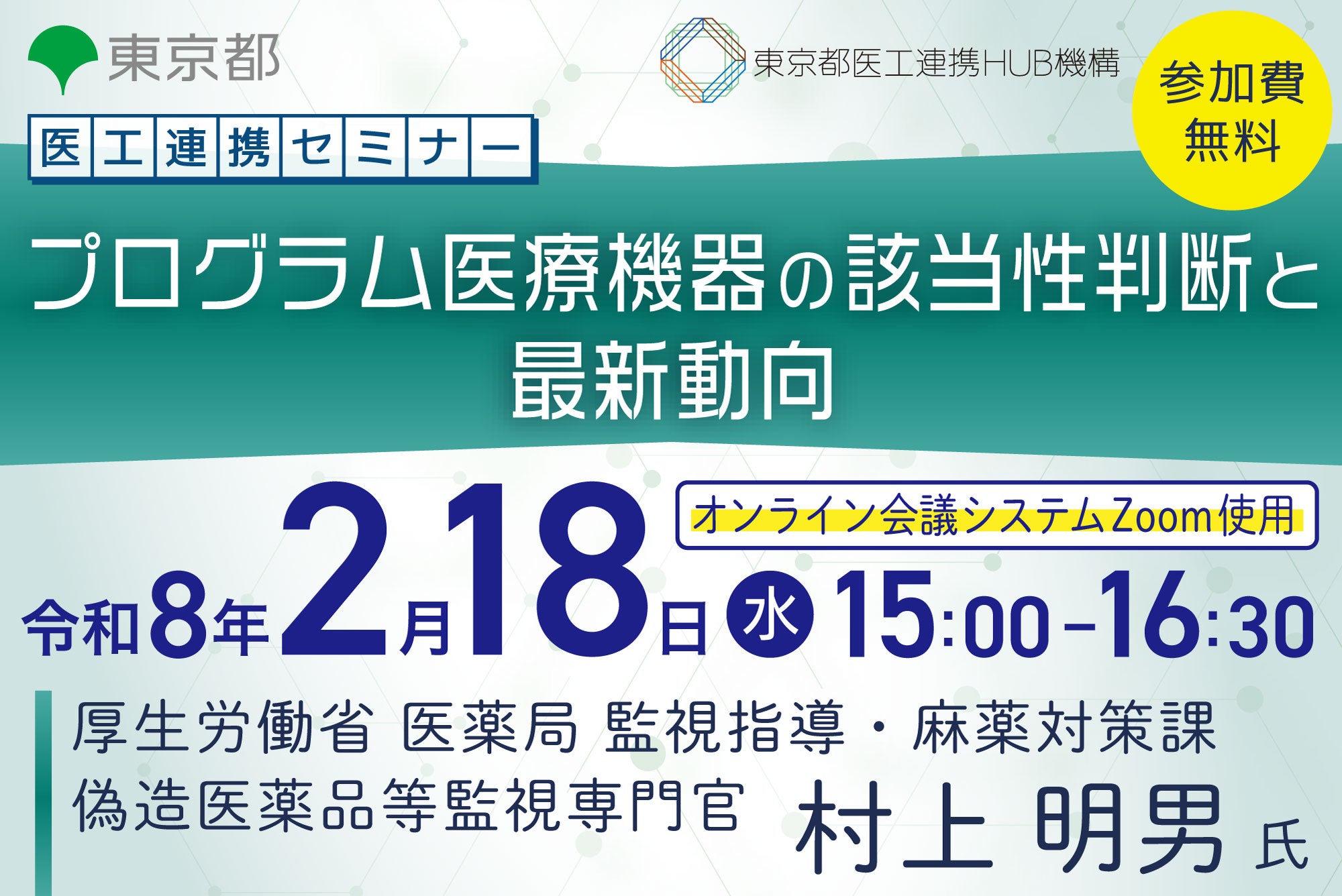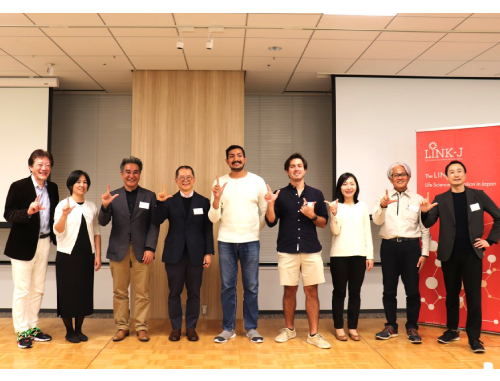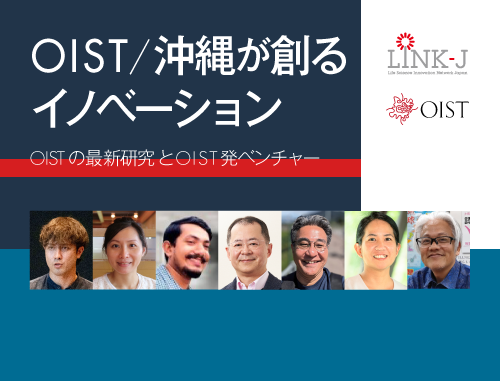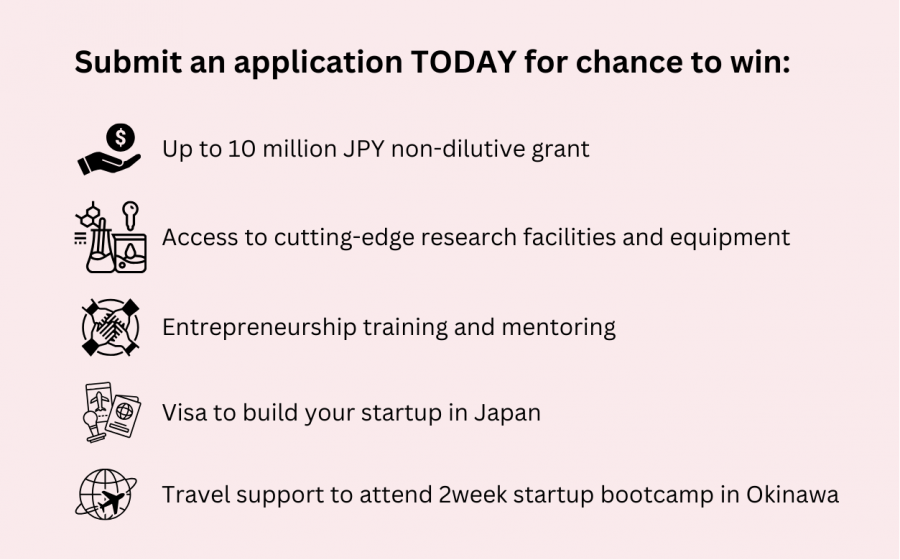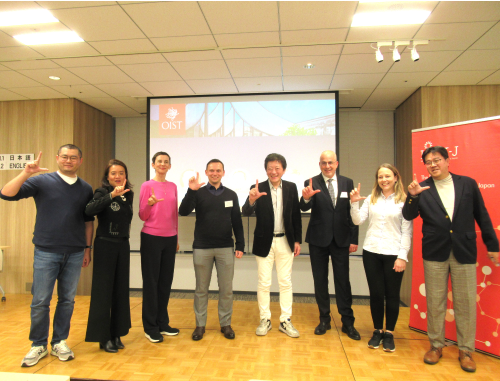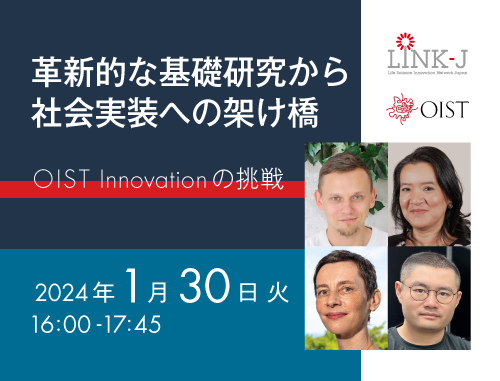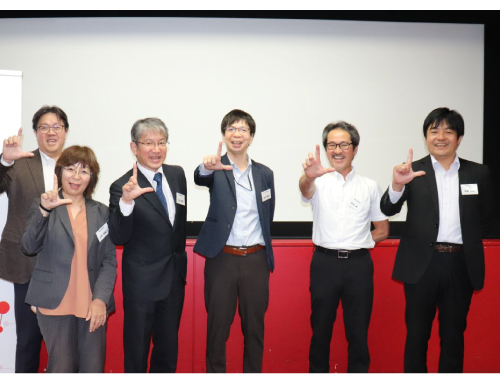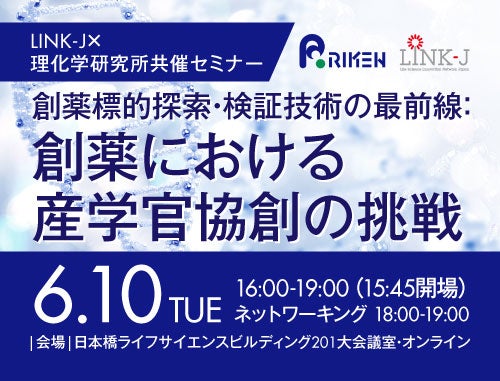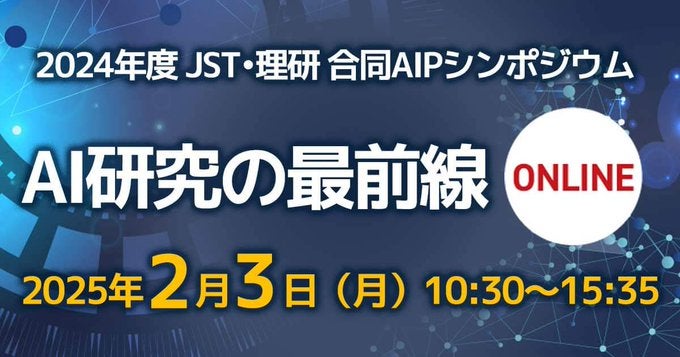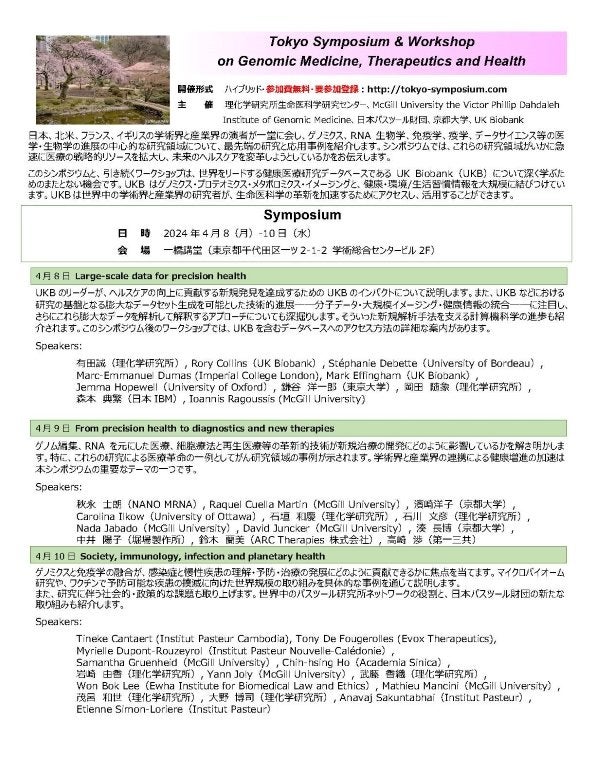※満席となりましたので、参加申込を締め切りました。
ノーベル・チューリング・チャレンジ・イニシアチブは、人工知能を用いて高度に自律的な科学的発見を可能とするシステムを構築するというグランドチャレンジです。 この課題を達成するには、人間による科学的発見のプロセスを客観的に分析し、そのプロセスを自律的に実行するためのさまざまな技術、つまり実験の自動化やAIについての深い理解が必要です。
わずか1年で、世界中の誰もがインターネットを通じて大規模言語モデルに基づく基礎モデルにアクセスできるようになり、科学的発見への期待が急速に高まる中、第4回ノーベル・チューリング・チャレンジ・イニシアチブ・ワークショップを東京・日本橋で開催いたします。
※使用言語:英語(一部日本語)
日時: 2024年2月13日 (火) ~2024年2月14日 (水)
定員
100名
プログラム
| JST | Agenda |
| Day One: Tuesday, February 13, 2024 | |
| 10:00-10:15 | Welcome Note Hiroaki KITANO |
| 10:15-11:00 | Keynote #1 Passive to Active Intelligence in Symbolic to Spatial World: From Armchair Reasoning to Experimentation Shane GU, Google DeepMind, Research Scientist |
| Session 1: AI for Biological Discovery | |
| 11:00-11:20 | Introduction to AI for Scientific Discovery in Biology Jun SEITA, RIKEN, Team Leader |
| 11:20-11:40 | Towards an AI-based solution of protein structure prediction problem Zhang YANG, National University of Singapore, Professor |
| 11:40-12:00 | Digitalization-driven Transformative Organic Synthesis (Digi-TOS) Takashi OHSHIMA, Kyushu University, Professor |
| 12:00-12:20 | Language Models as Catalysts in Biomedicine: Navigating Automation, Curation, and Reproducibility in Research Sucheendra KUMAR PALANIAPPAN, The Systems Biology Institute, Senior Scientist |
| 12:20-12:40 | Using the dynamics of discovery: Generating scientific hypotheses leveraging sequences of prior insights Tarek BESOLD, Sony AI, Senior Research Scientist |
| 12:40-13:00 | Round Table |
| Session 2: AI for Material Discovery and Beyond | |
| 14:00-14:20 | RIKEN's AI for Science project: TRIP-AGIS Makoto TAIJI, RIKEN, Deputy Director |
| 14:20-14:40 | Towards Automated Research Wataru KUMAGAI, The University of Tokyo, Assistant Professor |
| 14:40-15:00 | From AI and Robotics toward Generative Design of Materials Kedar HIPPALGAONKAR, Nanyang Technological University, Associate Professor |
| 15:00-15:20 | Autonomous synthesis of solid materials using machine learning and robots Taro HITOSUGI, The University of Tokyo, Professor |
| 15:20-15:40 | TBD Seiji TAKEDA, IBM Research, Principal Research Scientist and Team Lead |
| 15:40-16:00 | Round Table |
| 16:10-16:20 | LINK-J Host Announcement |
| Session 3: Robotics for Scientific Discovery | |
| 16:20-16:40 | Robotics and AI accelerates remote automated life science Tohru NATSUME, Robotic Biology Institute Inc., Director, National Institute of Advanced Industrial Science and Technology, Prime Senior Researcher |
| 16:40-17:00 | TBD Weiwei WAN, Osaka University, Associate Professor |
| 17:00-17:45 | Keynote #2 Bridging the Gap: AI's Transition to Real-World Tasks Tetsuya OGATA, Waseda University, Professor |
| 17:45-18:05 | Round Table |
| 18:05-18:30 | Flash Talks for the Poster Session |
| 18:30-20:30 | Poster Session and Reception |
| Day Two: Wednesday, February 14, 2024 | |
| Session 4: Artificial Intelligence and Human Intelligence | |
| 10:00-10:20 | TBD Ryota KANAI, Araya Inc., Founder & CEO |
| 10:20-10:40 | The worldview of manga "The Gene of AI" Kyuri YAMADA, Manga Artist, the author of “AI no Idenshi (The Gene of AI)” |
| 10:40-11:00 | Extracting human understanding from mass algorithmic comparison: Case studies in time-series analysis Ben FULCHER, School of Physics, The University of Sydney, Senior Lecturer |
| 11:00-11:20 | The Robot Scientist Genesis Ross KING, Chalmers University of Technology, Professor at Data Science and AI, The University of Cambridge, Professor |
| 11:20-11:40 | Round Table |
| 11:40-12:25 | Keynote #3 Foundation AI models for personalized medicine based on deep human phenotyping Eran SEGAL, Weizmann Institute of Science, Professo |
| 12:25-12:40 | Closing Remark Hiroaki KITANO |
Keynote Speakers
 |
Shane GU, Google DeepMind, Research Scientist Shixiang Shane Gu is a Research Scientist in Google DeepMind. Previously, he was a researcher in the ChatGPT team at OpenAI and an ex-Research Scientist at Google Research, Brain Team and a Visiting Associate Professor (Adjunct Professor) at the University of Tokyo, researching deep learning, reinforcement learning, probabilistic machine learning, and robotics. Shane holds PhD in Machine Learning from the University of Cambridge and the Max Planck Institute for Intelligent Systems, supervised by Richard E. Turner, Zoubin Ghahramani, and Bernhard Schölkopf. Shane holds B.ASc. in Engineering Science from the University of Toronto, supervised by the thesis advisor Geoffrey E. Hinton. Shane previously was also a visiting scholar at the Department of Computer Science at Stanford University hosted by Emma Brunskill. Shane's academic work received Best Paper Award at CoRL 2019 and was featured in MIT Technology Review. Shane is a Japan-born Chinese Canadian, and he speaks, reads, and writes in three languages. |
| Tetsuya Ogata, Waseda University, Professor Tetsuya Ogata is a Professor with the Faculty of Science and Engineering, at Waseda University since 2012. Since 2017, he has been a Joint-appointed Fellow with the Artificial Intelligence Research Center, National Institute of Advanced Industrial Science and Technology, His current research interests include deep learning for mobile robots, manipulation, and human robot interaction. https://ogata-lab.jp/member/ogata.html |
|
 |
Eran Segal, Weizmann Institute of Science, Professor Eran Segal is a Professor at the Department of Computer Science and Applied Mathematics at the Weizmann Institute of Science, heading a lab with a multi-disciplinary team of computational biologists and experimental scientists in the area of Computational and Systems biology. His group has extensive experience in AI, machine learning, computational biology, and analysis of heterogeneous high-throughput genomic data. His research focuses on Microbiome, Nutrition, Genetics, and their effect on health and disease. His aim is to develop personalized medicine based on data from large-scale and deeply phenotyped human cohorts. Prof. Segal published over 200 publications that were cited over 60,000 times, and received several awards and honors for his work, including the Overton prize, awarded annually by the International Society for Bioinformatics (ICSB) to one scientist for outstanding accomplishments in computational biology, and the Michael Bruno award. He was also elected as an EMBO member and as a member of the young Israeli academy of science. During the COVID-19 pandemic, Prof. Segal developed models for analyzing the dynamics of the pandemic and served as a senior advisor to the government of Israel. Before joining the Weizmann Institute, Prof. Segal held an independent research position at Rockefeller University, New York. Education: Prof. Segal was awarded a B.Sc. in Computer Science summa cum laude in 1998, from Tel-Aviv University, and a Ph.D. in Computer Science and Genetics in 2004, from Stanford University. |
参加費
無料
主催
The 4th Nobel Turing Challenge Initiative Workshop is organized by
Okinawa Institute of Science and Technology Graduate University (OIST) - Integrated Open Systems Unit, the Systems Biology Institute (SBI), RIKEN, and Nobel Turing Challenge Initiative, co-orgnized by Link-J, with additional support from Corundum Systems Biology Inc. and COI-NEXT
